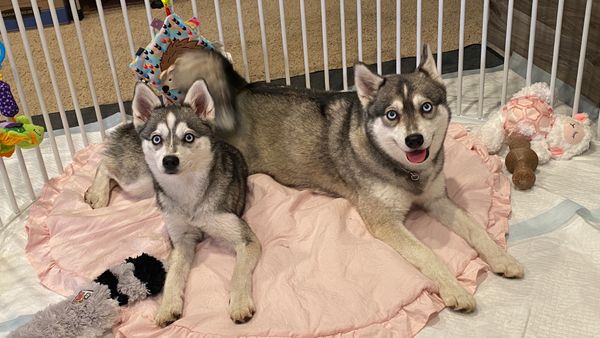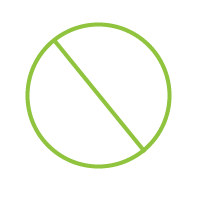Socializing Your Alaskan Klee Kai Puppy
Socializing Your Pup At The Right Time Is Crucial For Their Success
Great Tips on Socializing Your Alaskan Klee Kai | Download Our Socialization Checklist
Socializing: What Does It Mean for Your Alaskan Klee Kai
For humans, socializing means hanging out with other humans. We socialize at water coolers, dinner parties, at bars, and on birthdays. For Alaskan Klee Kai puppies, socialization kind of means the same thing: getting them comfortable with lots of different humans.
Every Alaskan Klee Kai’s temperament is as unique as they are, so socializing might take a little longer or happen a little more quickly depending on the puppy. For this reason, we recommend really working on building solid socializing skills between the ages of seven and twenty weeks, and we recommend the earlier the better. It’s been shown that some Klee Kai begin their own processes of socializing as early as 3 weeks old, by exhibiting curiosity about what the humans around them are doing and watching them intently.

If you get a puppy from one of our litters, their socializing has already begun, as they are in contact with multiple humans from birth. We strongly suggest continuing this trend by:
Taking them on frequent walks and allowing them to approach other humans/other humans to approach them
Taking them to dog parks
Taking them everywhere you go as much as possible, to expose them to new situations and new human beings
Taking them to obedience classes or working with a one-on-one obedience coach
Taking them along on hikes
Going to the vet
Setting up playdates
Crating your dog when new people come over so that your pup can watch them for awhile, then opening the crate and letting them come out (or not) on their terms

Let your pup meet lots of new people while socializing

Let your dog meet these new people on their own terms

Reward your dog for positive social interactions

Don’t force your dog into any socializing scenarios
What Not To Do
It’s essential for the health and well-being of your Alaskan Klee Kai that you allow for social interactions and socialization to happen on their terms. Forcing your dog to interact with other people and other dogs makes an Alaskan Klee Kai pup, already predisposed to shyness and caution, to have difficulty with those scenarios in the future. With enough negative interactions, your Alaskan Klee Kai may become fearful and avoid humans — or worse, exhibit aggression towards them.
For these reasons, socializing your Alaskan Klee Kai puppy should be on their terms — they go to the human or other dog to sniff and explore instead of the human or other dog going to them — and should be rewarded. Anytime your dog manages a new socialization scenario successfully, whether going to a dog park or the vet or meeting the mailman, they should be given treats and lots of love and praise.
By the same token, do not punish your Alaskan Klee Kai puppy for not handling socialization scenarios the way you would like them to. They are still very young, they still have a lot to learn, and they are doing the best they can. Be kind and loving to them and praise them for trying. This will set them up for a better next attempt.
Socializing your Alaskan Klee Kai is a fun and exciting way to get to know your new puppy. Make sure you reward their good behaviors and be kind when they don’t respond the way you would like them to. Have fun with this: you are teaching your pup how to interact with the world around them! Make it as positive an experience as possible.
Have Fun with Your Alaskan Klee Kai Puppy
All in all, it’s important for you and your Alaskan Klee Kai puppy to have fun with socializing. During this brief window of time you are getting to know your pup’s personality, likes and dislikes, and introducing them to the whole world. This is an exciting and fun time! Make sure you are giving your puppy all of the time they need to manage new encounters.
Familiarize yourself with their body language and carefully retreat from situations where you see them cowering, their tails tucked between their legs, their hackles up, trembling, bodily tension or rigidity, pinned back ears, or any kind of whining or growling. You are their protector! Make sure that you take their fears seriously. If you do, you’ll most definitely have a friend for life. There are always going to be other situations that will be better experiences for you and your puppy.
Good luck with your new puppy’s socialization! If you have any questions, we’re here for you.
